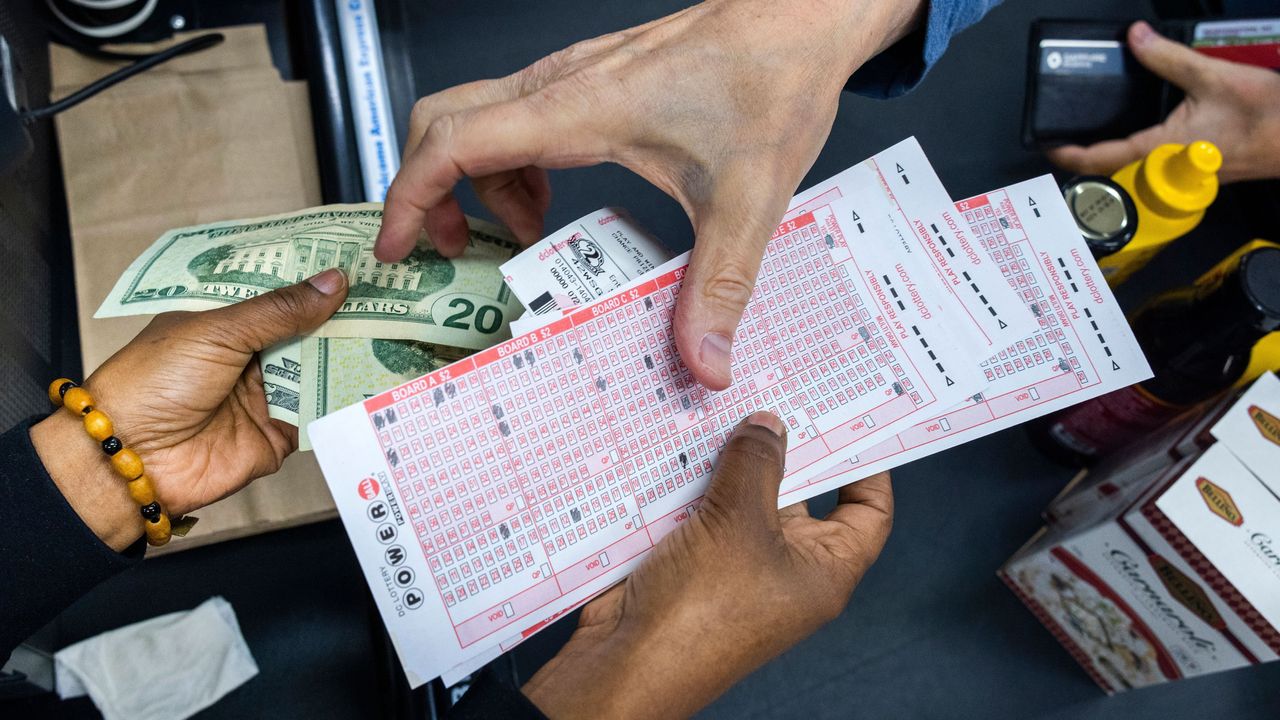In the realm of human aspirations, few things embody the dreams of instant wealth as vividly as the lottery. It is a modern-day alchemy where a slip of paper can transform the ordinary into the extraordinary, promising a life of opulence and ease koitoto togel. Yet, beneath the allure of the jackpot lies a complex tapestry of psychology, mathematics, and societal impact.
The Allure of the Jackpot
Lotteries have existed for centuries in various forms, but their modern incarnation began to take shape in the early 20th century. Today, they are a global phenomenon, offering participants a chance at financial freedom with the simple purchase of a ticket.
At its core, the appeal of the lottery lies in its promise of transformation. For a small sum of money, anyone can participate in a game where the rewards are vast and immediate. This democratization of wealth, however improbable, fuels the dreams of millions.
The Psychology of Hope
Lottery gambling is often seen as a form of “hope investment” — a small wager for the chance to escape financial hardship. Psychologically, this can have profound effects, offering participants a brief respite from the monotony of daily life. Studies have shown that the anticipation of a potential reward can trigger the brain’s pleasure centers, much like other forms of gambling.
However, the psychological impact is not entirely positive. The vast majority of lottery participants will never win the jackpot, leading to disappointment and even financial hardship for some. This paradox — hope versus probability — is at the heart of the lottery’s allure.
The Mathematics of Probability
From a mathematical standpoint, the odds of winning a lottery jackpot are notoriously slim. The probability of choosing the correct combination of numbers is often in the millions, if not billions, to one. Despite this, people continue to play, driven by the belief that they might be the exception.
This disconnect between probability and perception is a central theme in the study of risk behavior. While the odds of winning are low, the potential payoff is so significant that it distorts rational decision-making. This phenomenon is not unique to lotteries but is particularly pronounced due to the size of the potential reward.
Societal Impact
Lotteries are not without their critics, who argue that they disproportionately affect low-income individuals and perpetuate a cycle of poverty. Despite this, governments often rely on lottery revenues to fund public services, creating a delicate balancing act between social responsibility and economic necessity.
Moreover, the portrayal of lottery winners in popular culture often obscures the challenges they face. While winning a jackpot can provide financial security, it can also bring unexpected stress, strained relationships, and even legal trouble.


